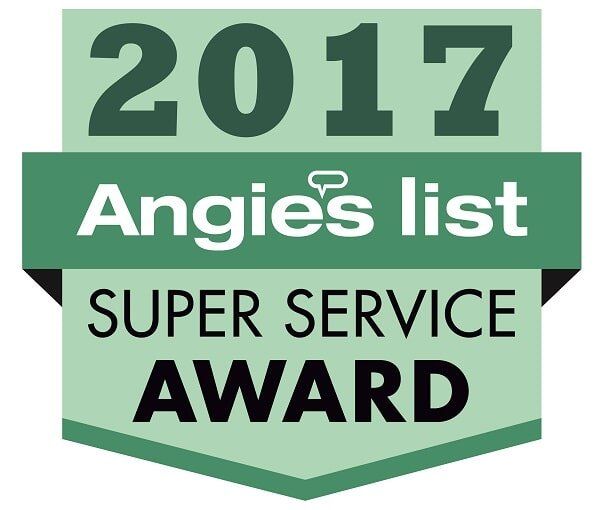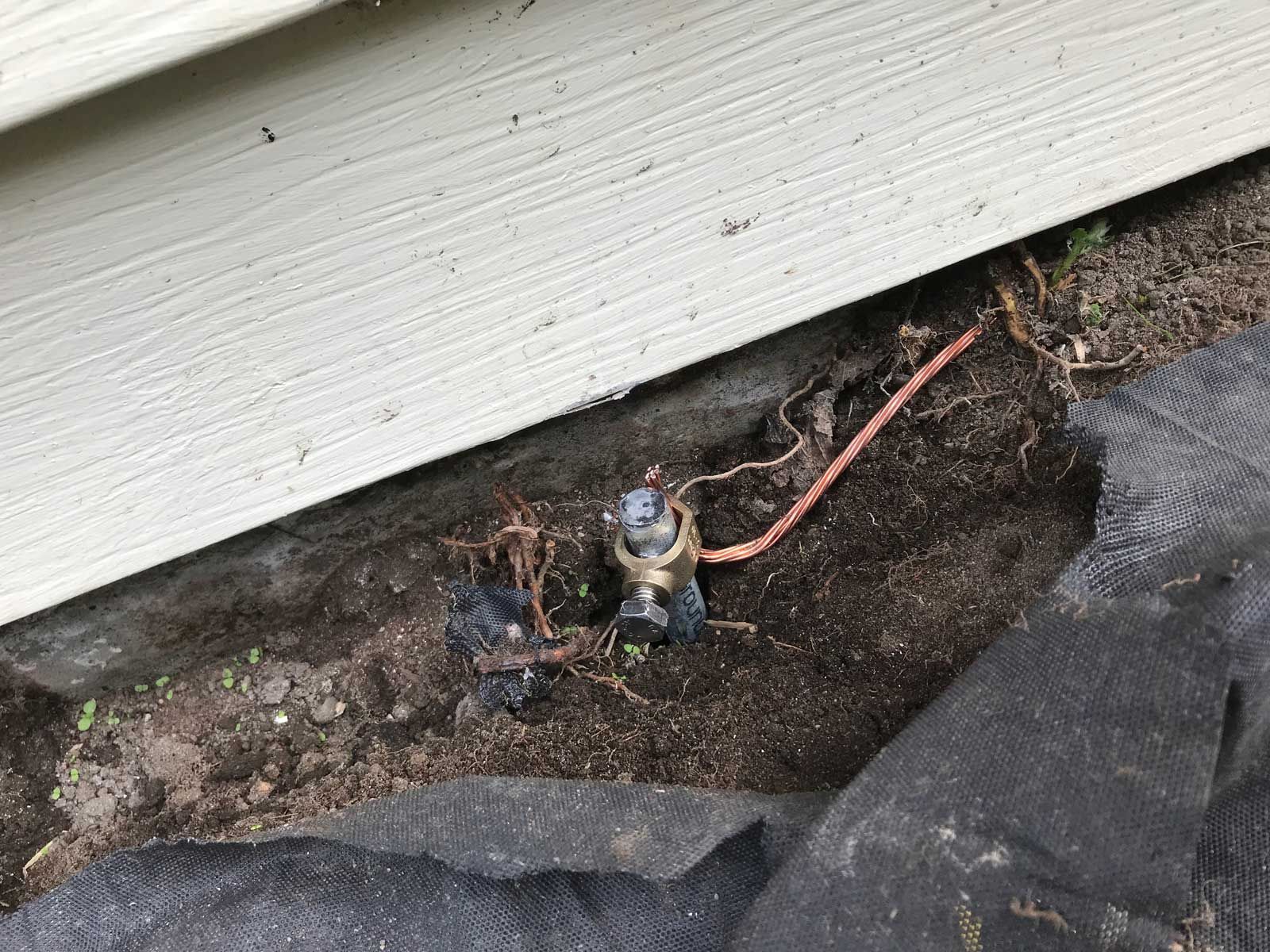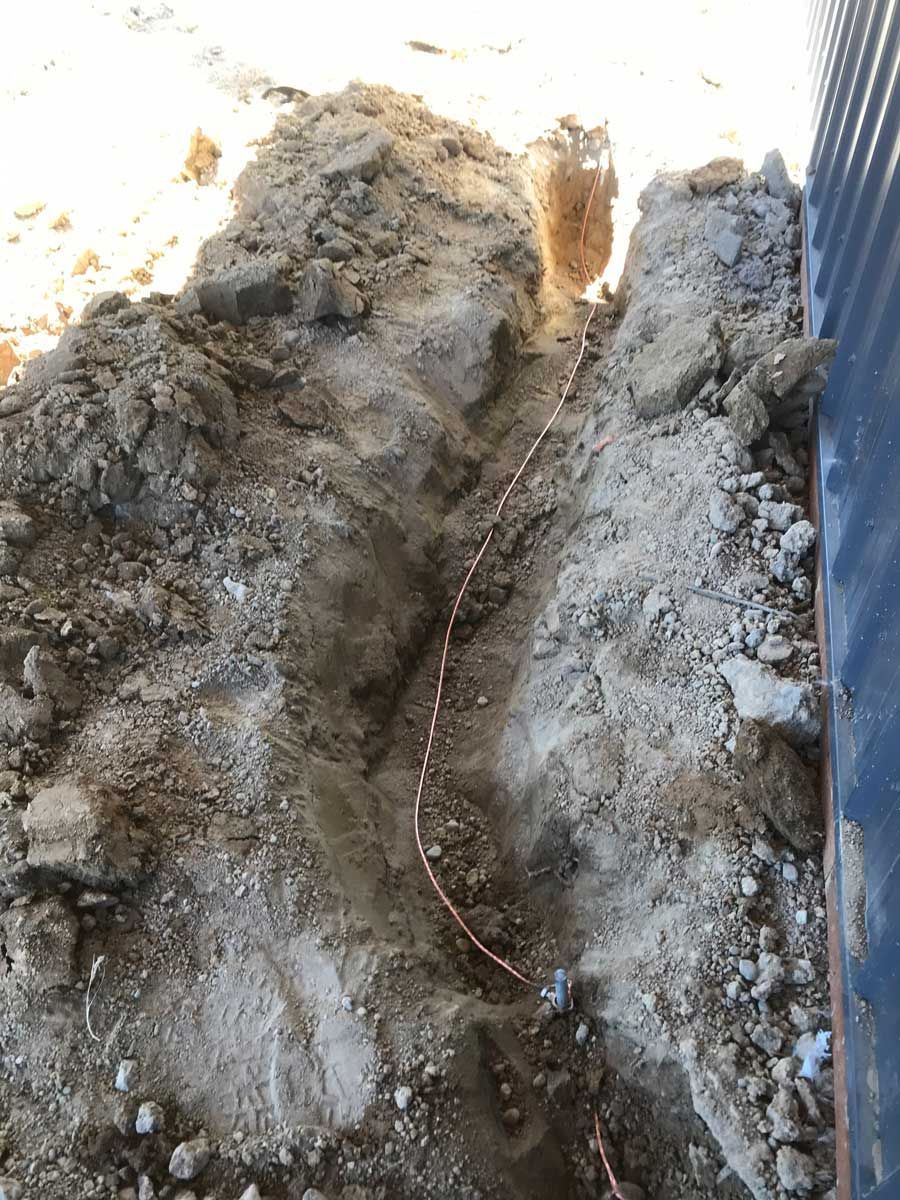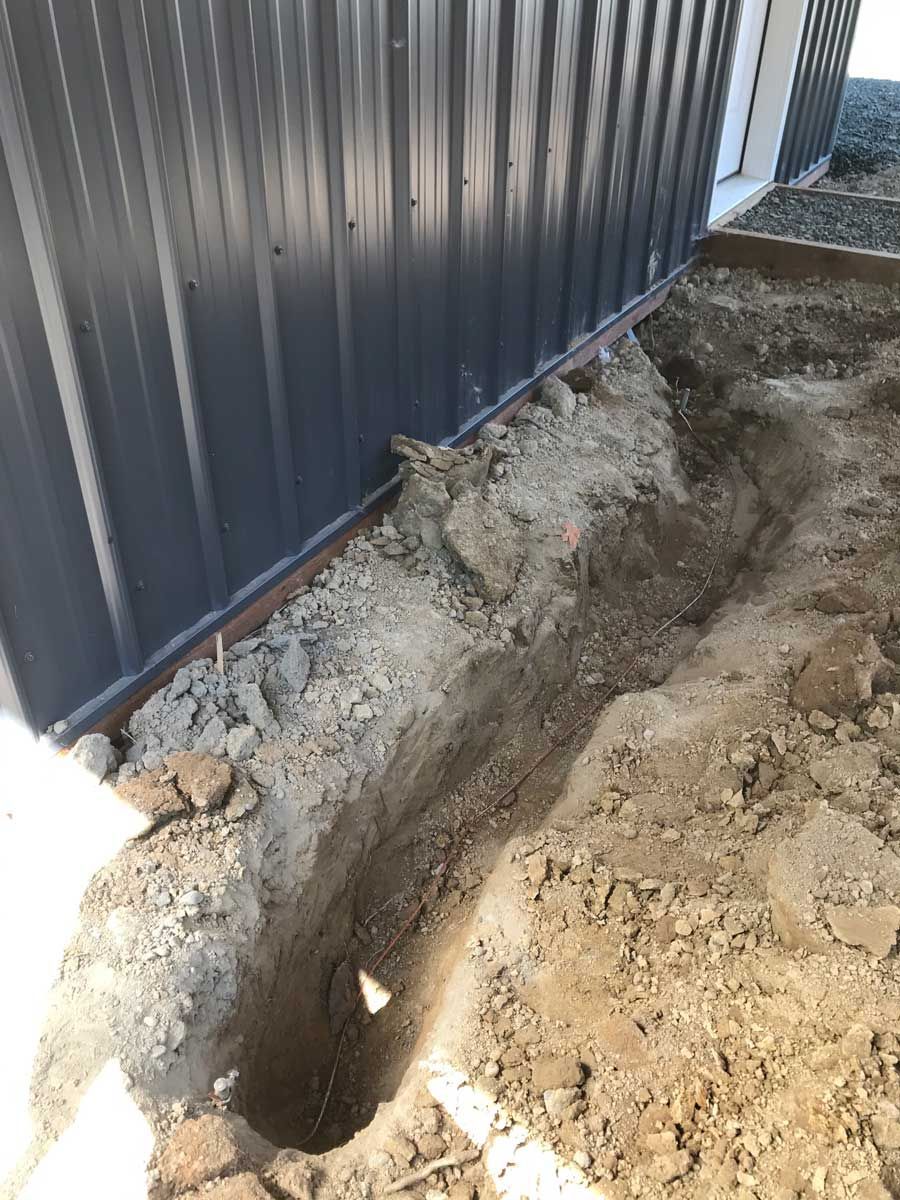Grounding Wire Installation in Olympia, Washington
As a residential electrician, I work in hundreds to thousands of homes every year. Our company will travel to places near and far to assist our customers: from Dupont to Yelm, from Shelton to Lacey and Rochester. Each home is different from the last; ranging from unique homes built in 1900 to brand new 2020 communities. What we do find to be consistent, as residential electricians, is how little homeowners may know about their homes' electrical system. As a homeowner, you don't need to know everything about electricity but one of the most important parts of your electrical system to understand is grounding and bonding.
Your home's grounding system is the silent protector that keeps all appliances and devices safe. The grounding system is also very difficult to know, without a trained eye, if the system in your home is done properly since it doesn't affect the normal function of electricity. If your grounding system isn't up to date you won't see lights flickering or plugs stop working, you will only see the effect of an unsafe grounding system when it's too late.
So what is a grounding system and what is the purpose of having a "ground"? It is made of two major components. The 2020 code for the first part requires two eight foot galvanized steel rods and driving all eight feet into the earth with six feet of separation between each rod. Then, connect a copper wire to each rod and install it in your main electrical panel. The primary purpose of these "ground rods" is for a direct route for electricity to dissipate in case of a wiring fault or lighting strike. New houses being built supplement the ground rods with another copper wire connected to the rebar in the foundation. The second major component of your home's grounding system is what we call “bonding". In bonding we connect a copper wire to water, gas and drainage pipes in the home. The bonding wire is then tied to the wire connecting the ground rods. This bonding wire prevents your home's utility pipes from being energized with any electricity.
The ground rods and bonding wire are the two major pillars for safety. The last piece that completes the structure, so to speak, is to have a ground wire (bare wire or green) in every plug, switch, appliance (range, dishwasher, water heater, dryer, etc.). If your home was built after 1960, it is likely that all wires throughout the house will have their ground wire. However, if your home was built before 1960 it is common that there will be no ground wire.
Having new ground rods and assurance of utility pipes being bonded is a fantastic first step, however we need to have the ground wire that goes throughout the house. Each breaker in your electrical panel represents a circuit, and every circuit needs to have a ground wire. The ground wire on each circuit provides a fault path, again, in case of a wiring failure or lightning strike. The wire prevents any and all metal; whether it's metal in a light fixture, the range enclosure, dryer shell, hot water tank, computer, desk lamp or wall heater from becoming energized. If a wiring fault happens and energizes a grounded metal, the circuit breaker will trip, preventing the metal from being energized further until the fault is fixed; without the metal being grounded it will continue to stay energized presenting a major electrocution hazard.
This article was not meant to scare anybody. We just wanted to share some information on, arguably, the most important piece of every home's electrical system so you can know some more about what residential electricians are doing to make every house as safe as possible.
If you need an electrician near you in Lacey, Rochester, Shelton, Dupont, or Yelm, Washington, to assess your electrical system; you can call Shocking Difference and have myself or another knowledgeable residential electrician come to inspect your home with a trained eye and answer other question you may have.
Areas We Serve Ground Wiring Installation:
DuPont / Lacey / Rainer / Rochester / Shelton / Steilacoom / Tenino / Tumwater / Yelm












